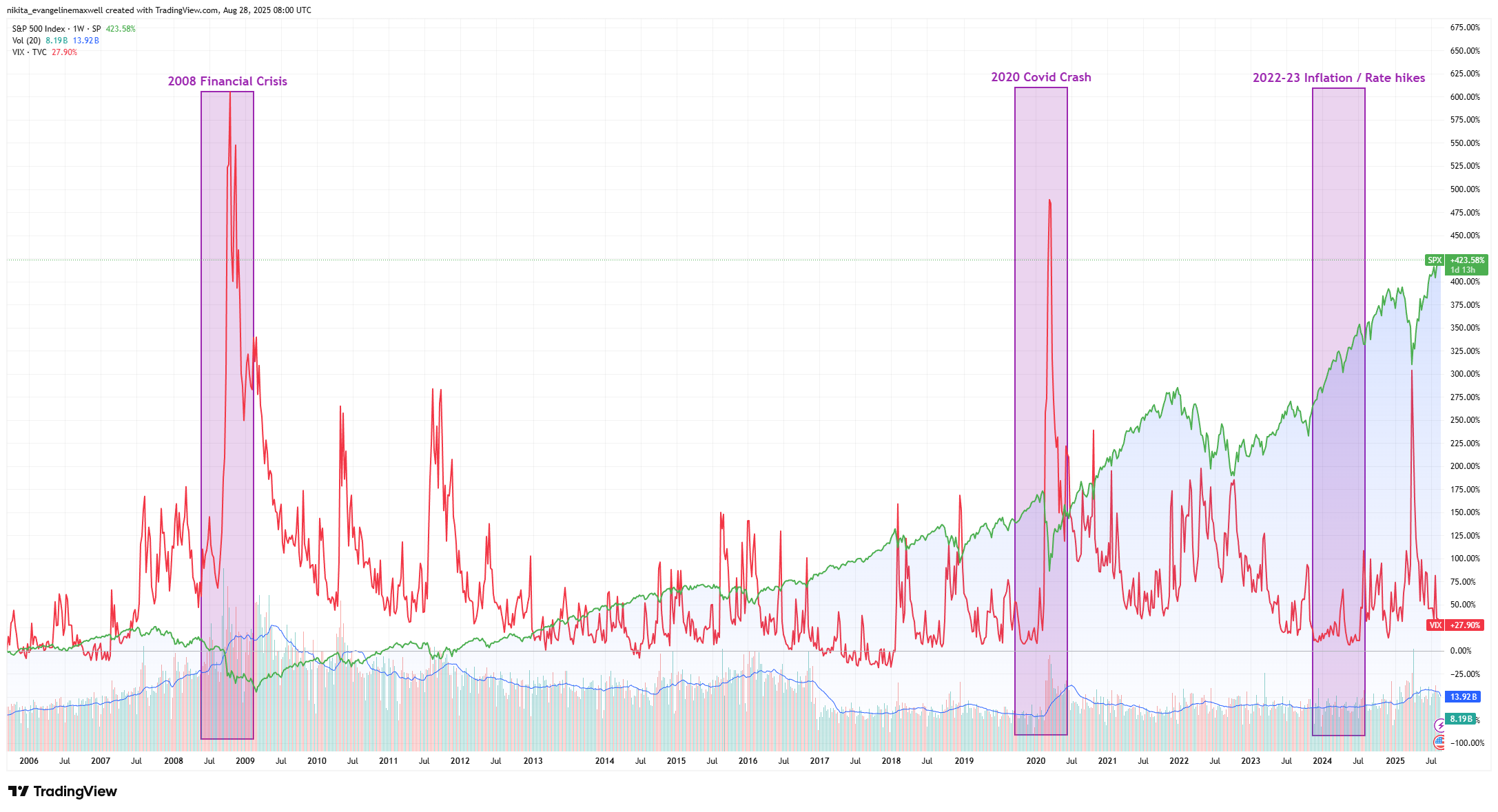Understanding Market Volatility: Friend or Foe for Investors?
Ever looked at a market chart and thought, what on earth just happened? Prices rise one day, drop the next, and investors are left confused. That’s volatility. Some see it as a threat, others as an opportunity, and often it’s a bit of both. The truth is, markets would be lifeless without it. So let’s talk about what volatility really is, why it matters, and how to keep it from rattling you.
What Is Market Volatility?
Volatility is just a fancy way of saying “price movement.” Sometimes it’s gentle and slow, other times it’s choppy. A calm market has low volatility; a wild one has high volatility.
Most people instinctively connect volatility with risk, and that’s not wrong. Big swings mean bigger uncertainty. But volatility is also the very thing that creates opportunity. If prices never moved much, you couldn’t buy low and sell high.
When Volatility Helps – and When It Hurts
Think back to March 2020. Markets crashed hard as the pandemic spread; the S&P 500 lost more than 7% in a single day. A few months later, it had rebounded to fresh highs. For anyone who held steady – or even bought during the panic – that episode turned volatility into profit. The same was true in 2008, when Buffett invested billions in a bank while fear was rampant. Short term, it looked reckless. Long term, it was a masterstroke.
Now flip the scenario. Imagine your portfolio plunges 15% in a week. You panic and sell. Days later, prices bounce back, but you’re already out of the market. Bad, right? That’s volatility working against you. In this case, it wasn’t the swing itself that did the damage, but the reaction to it. Volatility can be a foe if it pushes you into decisions you later regret.
S&P 500 and Volatility Spikes (2006-2025)

Source: TradingView. All indices are total return in US dollars. Past performance is not a reliable indicator of future performance. Data as of 28 August 2025.
Why Volatility Matters Now
Markets in 2025 have been anything but calm. We’ve seen record highs followed by abrupt pullbacks, all shaped by interest-rate changes, sticky inflation, and geopolitics. A recent Gallup poll found six in ten US investors worried about volatility sticking around. Interestingly, many of those same investors still believe in the stock market’s long-term strength. That combination of anxiety and optimism is exactly why volatility deserves attention. It frames every choice: how much risk you take, how you diversify, when you stay put, and when you act.
Risks and How to Handle Them
Volatility has two sides. It creates bargains, but it can also trip you up. The biggest risk is being forced to sell in a downturn – especially if you need cash quickly. That’s why financial planners always stress an emergency fund and a long horizon for invested money.
There’s also the matter of temperament. If market swings keep you awake at night, then a high-risk portfolio might not suit you. Historically, safer assets like government bonds move less but also earn less. Equities swing more, yet over decades they’ve tended to reward patience. That’s the trade-off every investor faces.
The best defence is diversification. A mix of assets – stocks, bonds, maybe commodities – spreads risk. When one stumbles, another may hold up. Just as important is discipline. Buffett has often said that calm judgment matters more than clever formulas. Having a plan before volatility strikes makes it easier to ride through rough patches without panicked moves.
Bottom Line
The truth is, volatility isn’t going away anywhere. It will sometimes shake portfolios, sometimes create bargains, and often do both at once. The key is mindset. If you respect it, plan for it, and avoid emotional decisions, volatility can be an ally. Over time, markets tend to reward patience far more than panic.
In short: volatility itself isn’t good or bad – it’s neutral. What matters is how you respond. Learning to navigate volatility may be what makes you a stronger investor in the long run.